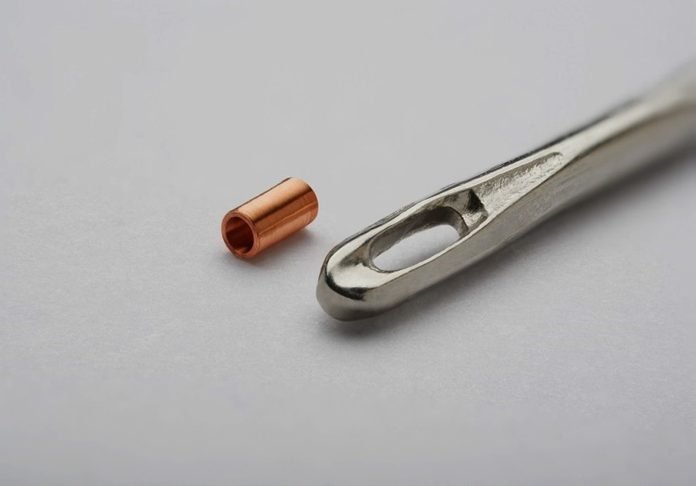Last Updated on March 12, 2024 by admin
The main role of the miniature sensors in the medical field is to perceive the condition of the internal organs through the generation of an electrical, chemical, optical, or mechanical signal. For this reason, sensors are the crucial elements of different measurement devices. Sensors help to measure a wide range of physical variables, such as temperature, pressure, flow rate, velocity, light, electric fields, humidity, etc. sensors are required for the development of multiple biomedical devices including respiration pulse oximeters, digital thermometers, spirometers, digital blood pressure meters, and peak flow meters.
Table of Contents
Biomedical Sensors:
Tiny sensors have substantial applications in the biomedical field for detecting several physical, chemical, and biological processes through the regulation of data. In multiple clinical systems, sensors are crucial elements. There are various kinds of biomedical sensors. For instance, considering the functions of the sensors, sensors can be grouped as strip sensors, wearable sensors,implantable sensors,pressure sensors,blood glucose sensors, blood oxygen sensors,ECG sensors, temperature sensors,etc.
The demand for these sensors is expanding rapidly due to their applications in the measurement of core body temperature,cerebrospinal fluid pressure, bone growth velocity, blood flow,muscle displacement, blood pressure,etc. As micro-coils are the main elements of these sensors, the micro-coil manufacturing process is the most crucial part of the production of these sensors.
- Micro-coils need to be very efficient in radiating energy for RF treatments, electromagnetic radiation-based treatments, and heat treatments.
- The main function of micro-coils is to monitor, transfer, log, and control data within the miniature implants.
- The coils should have the ability to transfer energy to implants for providing battery charging and operating the systems.
- The employment of a local or external magnetic field is essential for conducting the in-vivo magnetic navigation.
The Benefits of Biomedical Sensors:
The invasive sensors have brought multiple benefits to the biomedical field, such as
- By using the sensors, doctors are now able to access some unapproachable regions of our body and identify the condition of that particular area.
- Biomedical sensors have effective applications in cryo cancer treatment to eradicate tumors through heating and freezing.
- Sensors help to minimize the disturbance of body function.
- Miniature sensors not only help to diminish the consumption of energy but also improve the implant’s lifetime.
Manufacturers need precise and custom-made equipment for the production of biomedical sensors.
Applications:
There are numerous applications of medical sensors, such as-
- In diagnostics, medical sensors have a substantial role in conducting wireless communication with tiny implants.
- Sensors have also efficient applications in active implants for monitoring and controlling tin pacemakers and deep brain stimulation.
- For navigating targeted radiation catheters, targeted drug delivery,highlyaccurate ablations,stent positioning, etc., sensors are crucial.
- Medical sensors are also useful in the measurement of temperature and in electrophysical treatments.
- In orthopedic aids and in dental treatments, sensors are critical elements of multiple devices.
Even though there are multiple applications of biomedical sensors, the tiny size of these sensors creates the main challenge for the manufacturers. To get rid of this issue, manufacturers should use modern winding technology, ultra-fine wires, and thermal compression bonding technology during the manufacturing of the micro-coils.
Apart from this, if you are interested to know more about Diffractive Optical Element then visit our Health category.
























